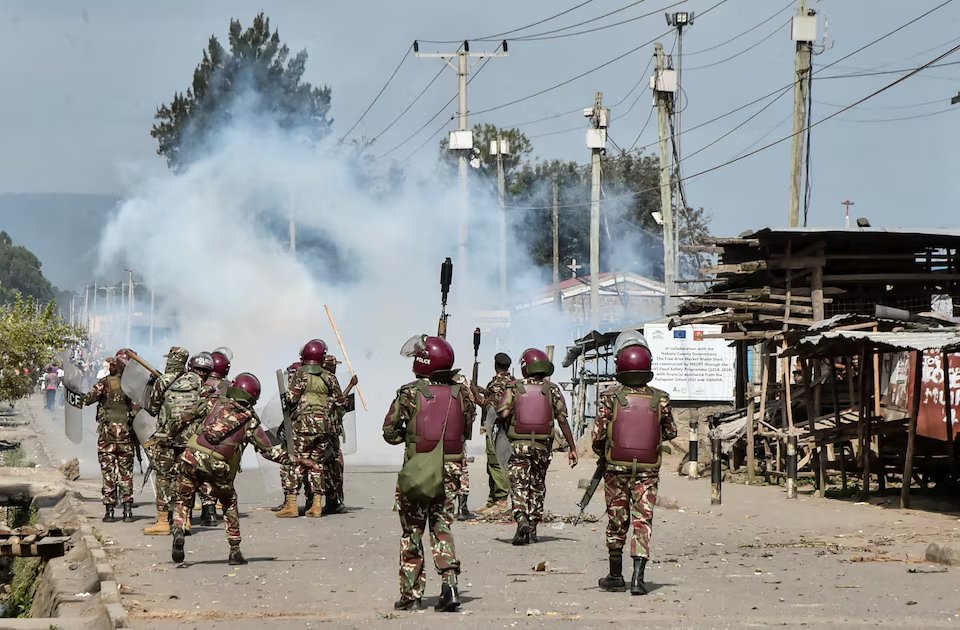- Get link
- X
- Other Apps
- Get link
- X
- Other Apps
Kenyan President William Ruto is facing mounting pressure from growing protests across the country, particularly led by disillusioned youth. The chant "Ruto wantam" slang for "Ruto one-term" has become a rallying cry on the streets, a sign of public frustration just two years before the 2027 elections. Despite Ruto's campaign promises to protect the poor and curb police violence, critics say his administration has fallen short, especially as living costs soar and allegations of police brutality continue to rise.
Recent protests, which coincided with the 35th anniversary of Kenya’s pro-democracy movement, turned deadly, with a government-funded rights group reporting 31 fatalities. Protesters, like 22-year-old Festus Muiruri, say they are demonstrating against unaffordable living conditions and state repression, calling on the president to listen.
Ruto has been slow to react to popular anger, only scrapping tax hikes last year after demonstrators stormed parliament. His government has labelled the protests as “coup attempts,” a stance that analysts say alienates younger, more educated Kenyans who are deeply dissatisfied with the status quo.
The economic impact is already visible. Business sentiment in Kenya dropped sharply in May, with investor confidence shaken by recurring unrest and what many see as an overly aggressive state response. Analysts argue that if the government continues to prioritize force over dialogue, both economic growth and political stability may suffer.
Unlike past protest waves, this uprising is being driven by Kenya’s Gen Z a tech-savvy, highly educated, and largely unemployed generation with no memory of past authoritarian rule. Thanks to free education policies implemented in the 2000s, they are more informed and independent-minded. Most organize online, bypassing traditional political figures and platforms.
According to Afrobarometer, up to 800,000 youths enter Kenya's job market annually, but many struggle to find employment. This economic mismatch has created a politically conscious generation eager to challenge authority and demand accountability. The death of blogger Albert Ojwang in police custody further fueled outrage, culminating in protests on June 25 that claimed 19 lives.
Analysts say Ruto's challenge is not only to deliver on economic reforms but also to shift the government's tone from confrontation to engagement. His large parliamentary majority and a fractured opposition mean his position isn’t immediately threatened, but public perception is deteriorating. Critics argue that without significant changes, the ruling party risks alienating an entire generation of voters.
While Ruto has increased social spending and launched youth-focused programs, many young Kenyans view his administration as indifferent to their struggles. Commentator Javas Bigambo warns that unless Ruto addresses these concerns with urgency and humility, he risks cementing his image as a “wantam” president.
read also: China Issues Stern Warning to Trump Over Tariff Threats
There’s still time for a turnaround, but it requires bridging the growing divide between the government and Gen Z a group that refuses to be ignored.
- Get link
- X
- Other Apps


Comments
Post a Comment